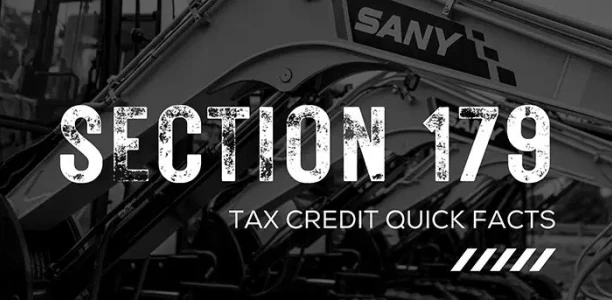Let’s just start by saying we aren’t tax people or CPAs. No one has come to MTR Heavy Equipment looking for financial advice. And that’s for the best. We’re heavy equipment people, not number-crunchers.
However, we want to share what we do know about Section 179 in hopes that it will help you have those conversations with your tax professional.
With the end of the year quickly approaching, it's time for heavy equipment owners to start thinking about how they would like to take advantage of the Section 179 tax deduction. So let’s break this down.
What is Section 179?
IRS Section 179 was started to help businesses get equipment, software, and other business assets by enabling them to deduct the cost in one year. As long as your business equipment has been put into service that year, the deduction simplifies taxes for your business and helps your company financially.
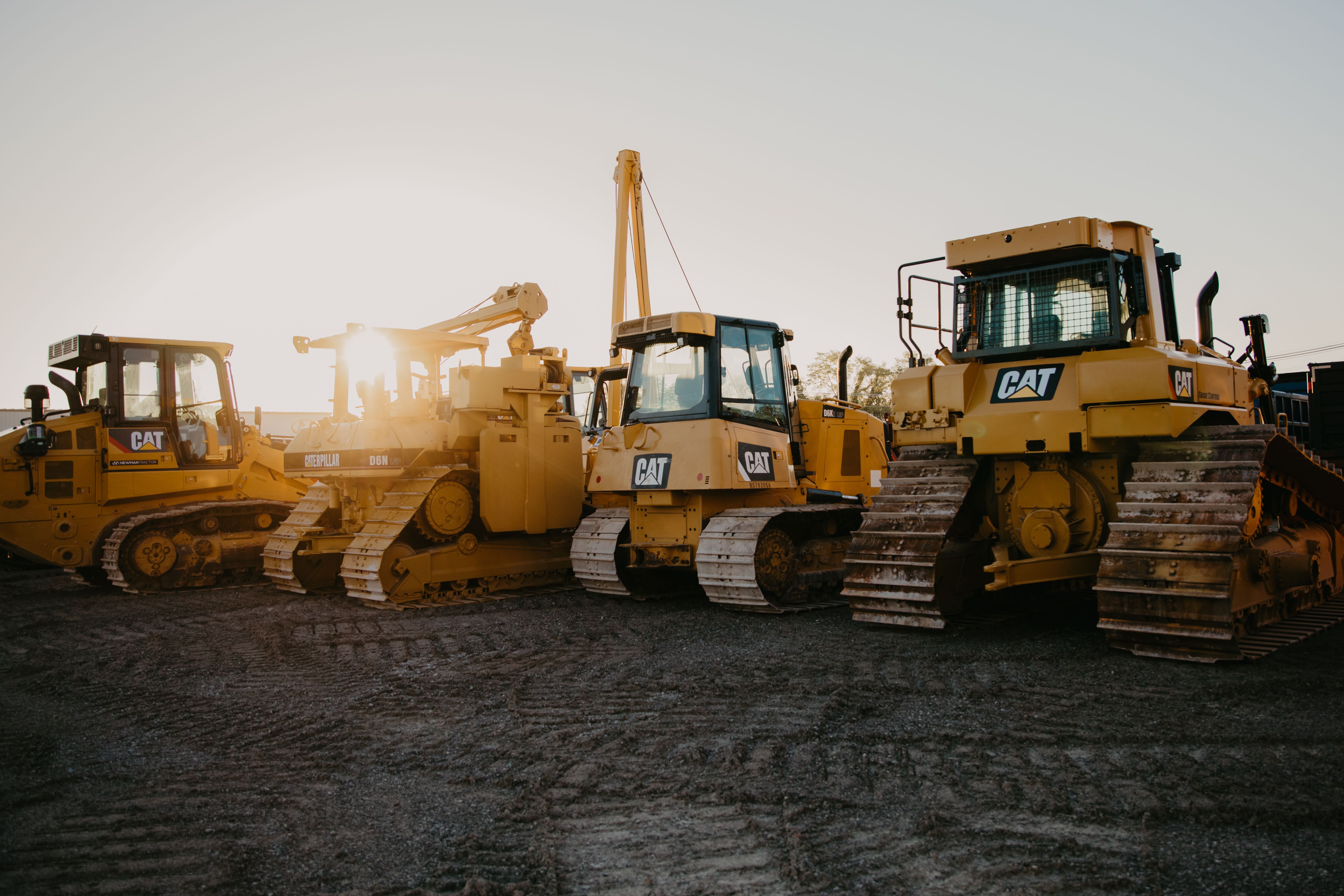
How much can I spend, and what savings opportunities are there for my business?
Whether you intend to buy, finance, or lease, you may be qualified to take advantage of substantial tax savings. For U.S.-based businesses, Section 179 of the IRS Tax Code allows a company to write off up to 100% of the cost of new and used qualifying equipment purchases.
For 2023 filing, the deduction limit is $1,160,000 with a spending cap of $2,890,000.
Here’s what it looks like in past years:
What’s the difference between a max deduction and a spending cap?
Learning taxes is like learning another language. So, let’s use some numbers to explain how these two terms work together:
If you spend $1,960,000 on heavy equipment…
The first thing we need to check is whether you've exceeded the $2,890,000 limit. In this case, you haven't. Your heavy equipment cost is below that threshold.
So, there's no reduction on your maximum Section 179 deduction of $1,160,000 because of overspending.
That means, with a spending of $1,960,000 on equipment, you can still potentially deduct the full $1,160,000 from your taxable income, assuming all the equipment qualifies for the Section 179 deduction.
Simply put, you haven't spent too much, so you get the total discount of $1,160,000!
But if you spent $3,000,000 on heavy equipment…
If you spend $3,000,000 on heavy equipment, you've exceeded the $2,890,000 limit. By how much?
Difference: $3,000,000 - $2,890,000 = $110,000
You've exceeded the limit by $110,000. This means your Section 179 deduction will be reduced by this same amount.
Starting deduction limit: $1,160,000
Reduced by: $110,000
New deduction limit: $1,050,000
So, if you spend $3,000,000 on equipment, your potential Section 179 deduction will be reduced to $1,050,000.
Note: The cap of $2,890,000 includes all eligible deductions for this section, not just equipment. So your combined expenses can’t exceed the cap.
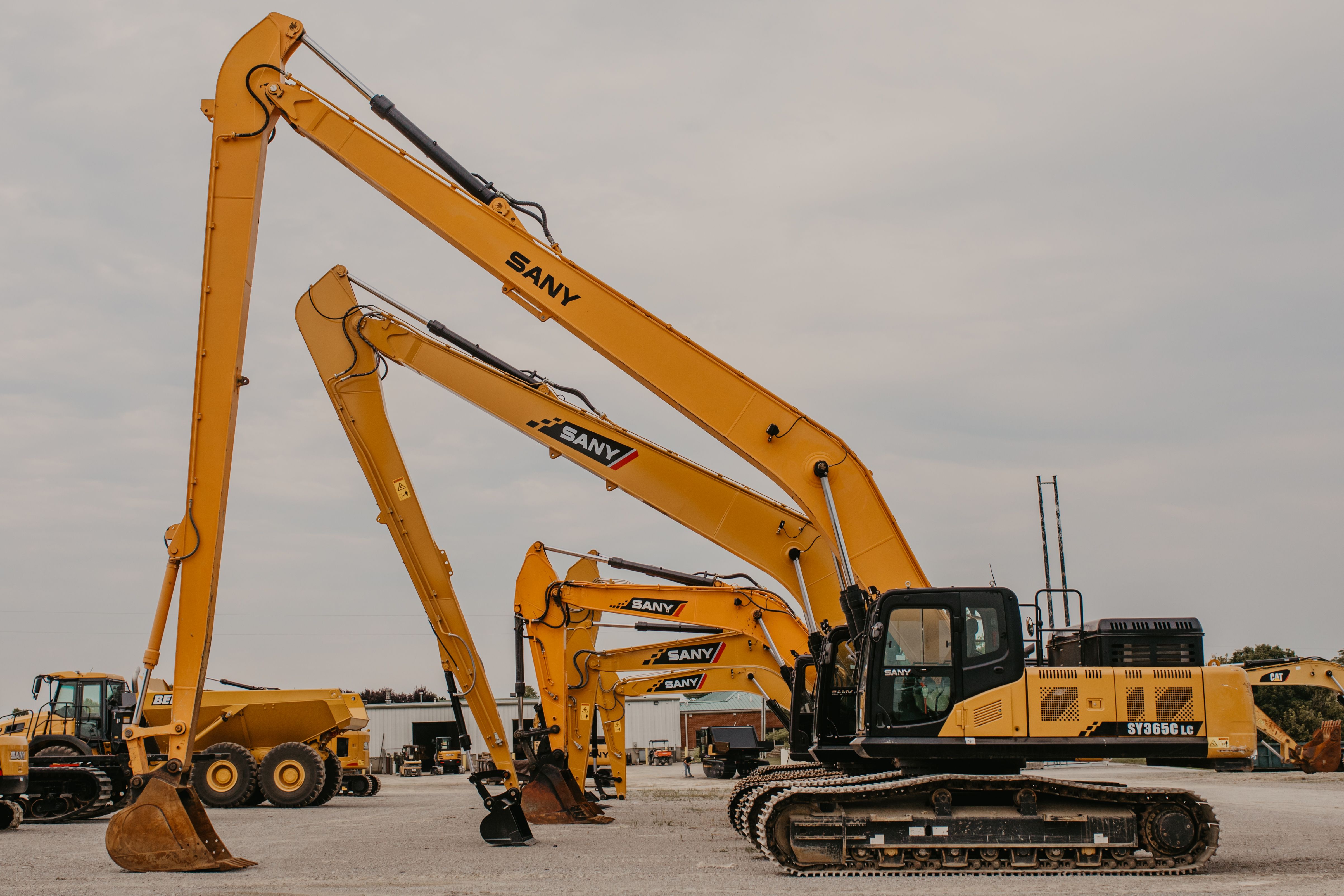
How do I qualify for Section 179?
To qualify for the Section 179 tax deduction, eligible equipment must be purchased, financed, and put into service by midnight on December 31 of the year you’re filing for.
Eligible property includes tangible personal property or other tangible property used at least 50% for business. For heavy equipment owners, both new and used heavy equipment will qualify for the tax deduction but always talk with your tax professional to be sure.
Is Section 179 just for heavy equipment?
The Section 179 tax deduction goes beyond heavy equipment. Other eligible property includes the following types of depreciable property:
So machinery, office equipment and furniture, off-the-shelf software, business vehicles, and some property improvements will qualify for the deduction. So, you could purchase a new desk for your office while you pick out the new excavators for your fleet!
What about the bonus depreciation?
Bonus depreciation is an additional tax incentive allowing businesses to deduct a percentage of the cost of new and used property in the first year it's in service.
Here's our best explanation of the changes.
In 2023, bonus depreciation will be reduced to 80%. So, if you buy a piece of equipment for $100,000, you can take an $80,000 bonus depreciation deduction in the first year, with the remaining $20,000 being depreciated over the asset's useful life (in this example, seven years).
Bonus depreciation is usually taken after you've reached the spending cap for Section 179. So, if your equipment purchases exceed the Section 179 cap for 2023 of $2,890,000, you can still claim bonus depreciation on the excess amount.
With the phase-down of bonus depreciation, strategically planning your equipment purchases is important. If you're considering a significant investment in machinery, doing so in 2023 might be more advantageous tax-wise than waiting until 2024 or later, when the bonus depreciation rate will be lower.
The reduction in bonus depreciation rates over the next few years will impact how businesses approach equipment investment and tax planning. Calculating the most beneficial mix of Section 179 and bonus depreciation deductions for your specific situation will be increasingly important.
You should plan accordingly with your tax professional for tailored advice, especially when making substantial equipment purchases.
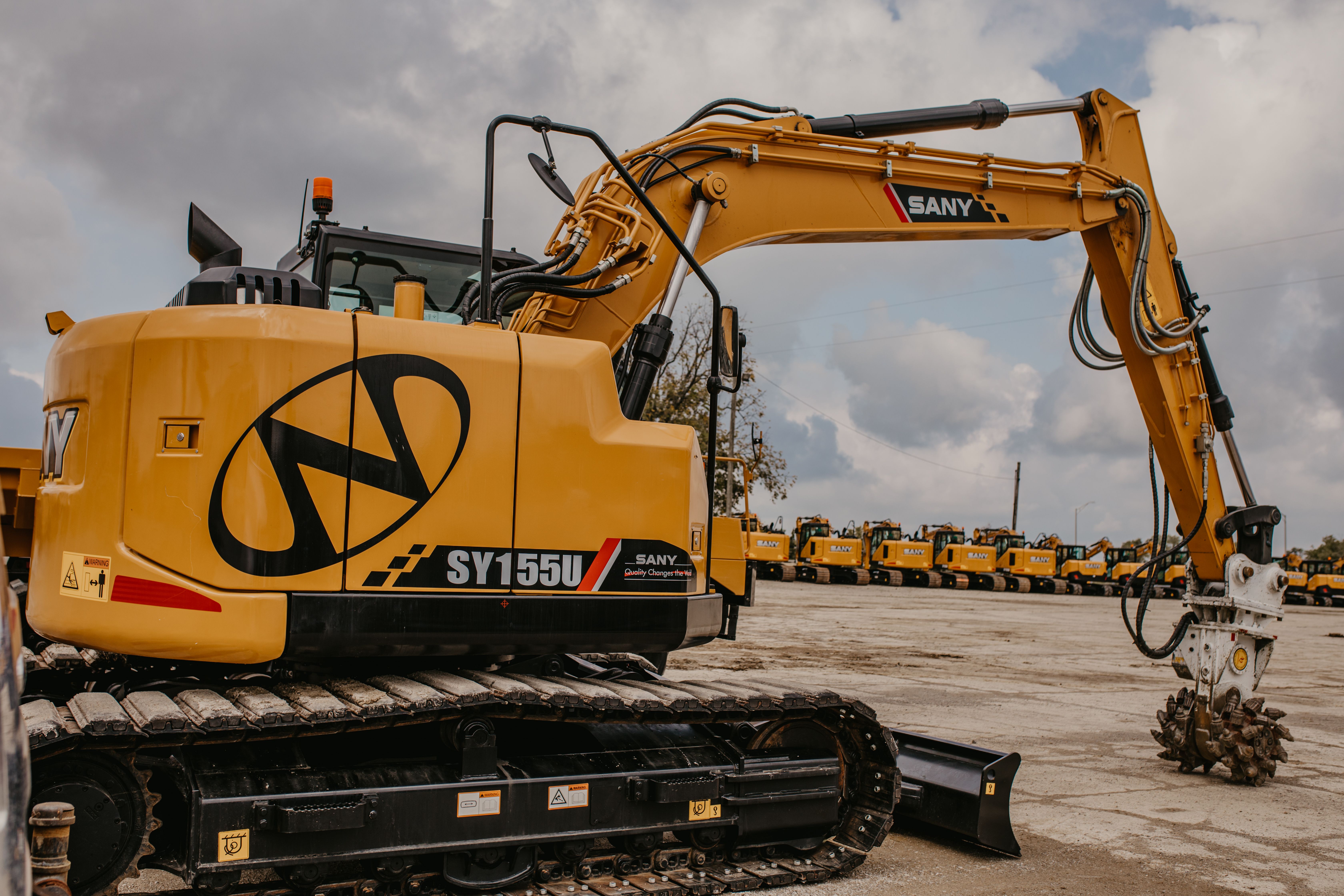
How do I claim my Section 179 deduction?
You will need to claim your Section 179 deductions on IRS form 4562. Go to irs.gov or talk with your tax preparer to complete.
We’re here to help!
With your heavy equipment needs…not your taxes.
If you're considering taking advantage of the tax deductions available, see how we can serve you in the process!
We hope this has been helpful for you in navigating IRS Section 179! As always, please check with your tax professional or see IRS Publication 946 for the latest information on Section 179.
We are always happy to help! Feel free to give us a call for more questions on flexible leasing and financing that makes it easy to acquire that perfect new machine for your business. For more questions, contact us at 859.888.1588!
**Note: Information provided in this document is for illustrative purposes only. MTR Heavy Equipment and its owners, agents, employees, affiliates, suppliers, and partners are not tax advisors. This document is not intended to offer any tax advice. Please consult with qualified tax professionals concerning your specific situation.**
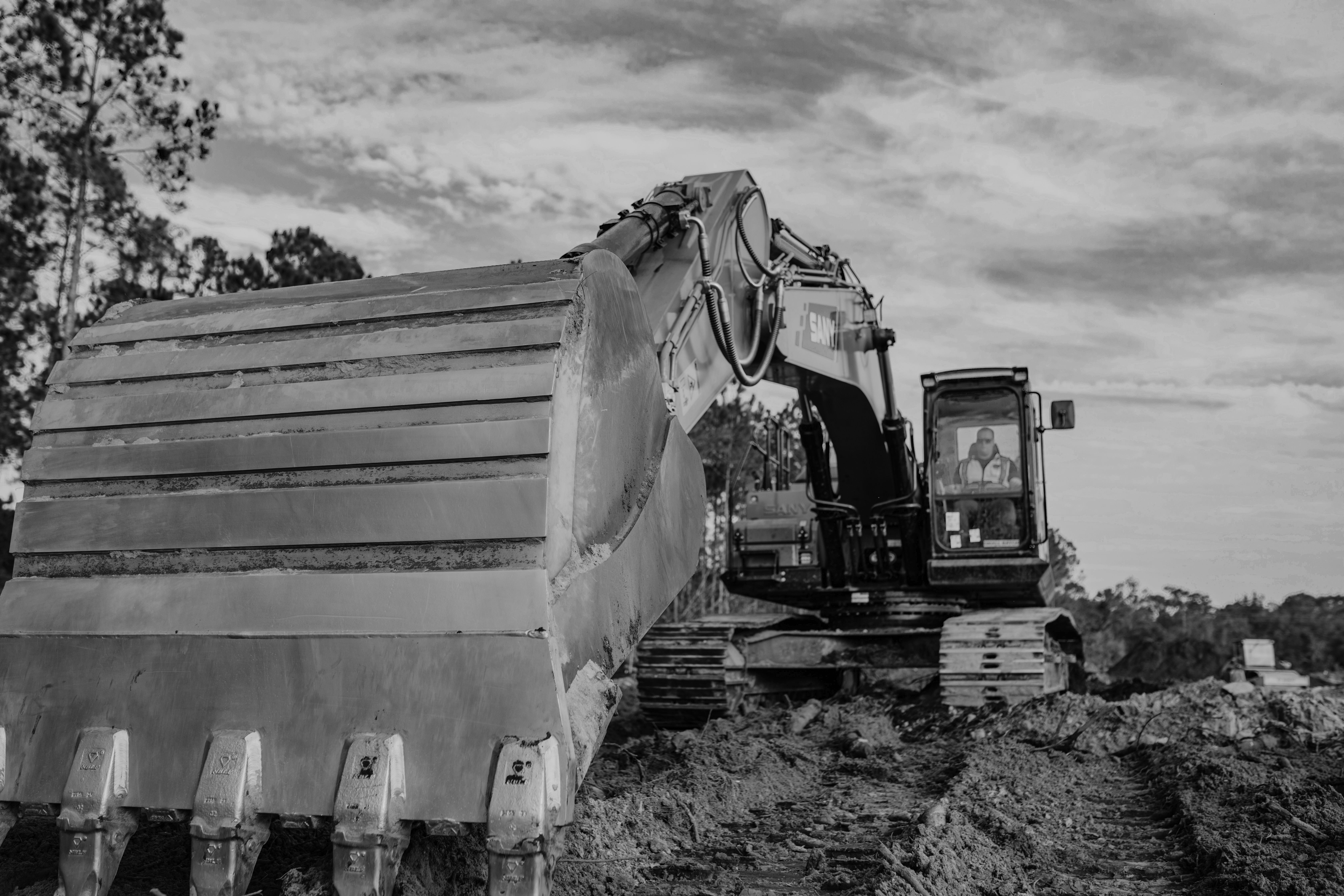
INTERESTED IN LEVERAGING THE 179 CREDIT?
Let us know if you have a question or are interested in machinery before the cut-off in 2023!

